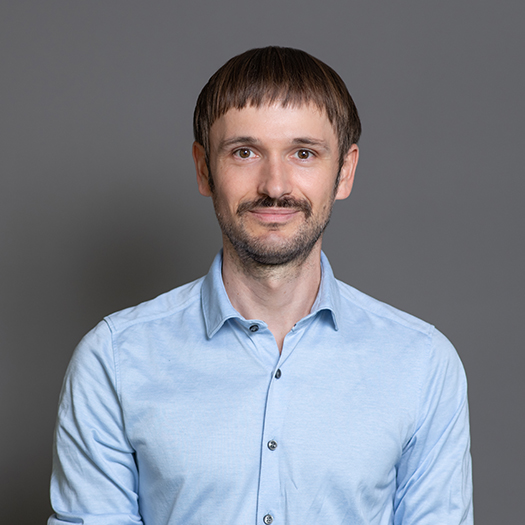Investments in New Forms of Knowledge-Based Capital (INFOWIK)
Investments in New Forms of Knowledge-Based Capital (INFOWIK)
The INFOWIK project aimed to improve the measurement of investments in knowledge-based capital and thus to improve the innovation indicators for this important aspect of the innovation capacity of firms and economies.
Over the past 10-15 years, it has been increasingly recognised that knowledge-based capital involves many other factors than technological knowledge and that these other factors are essential for understanding differences in productivity and competitiveness of firms, sectors, regions and economies. Corrado, Hulten and Sichel (2005, 2006) have proposed a framework for the measurement of knowledge-based capital goods comprising three main components: innovative property, computerised information and economic competencies. While the first two components are already covered by different statistical surveys, there is no comprehensive statistical data available on economic competencies. These competencies include, in particular, firm-specific human capital, firm-specific organisational capital as well as brand value and the reputation of firms.
The aim of the project was to explore ways of systematically collecting data on investments in these forms of knowledge-based capital in order to be able to integrate such investments into official statistics and to calculate the corresponding knowledge capital stocks. The focus was on the expenditures on knowledge-based capital in the field of economic competencies, as these are not covered by business statistics to date yet.
The project had three specific objectives:
- Measuring the expenditures on the formation and development of economic competencies, while avoiding overlap with other expenditure on physical or knowledge capital.
- Development of measurement tools for investments in economic competencies that do not require a survey of companies.
- Analysis of the relationship between the individual components of knowledge-based capital on the one hand, and innovation expenditures and innovation successes on the other - with the aim of measuring the use of knowledge-based capital as an innovation indicator and as an alternative way of measuring expenditure on innovation-related activities.



